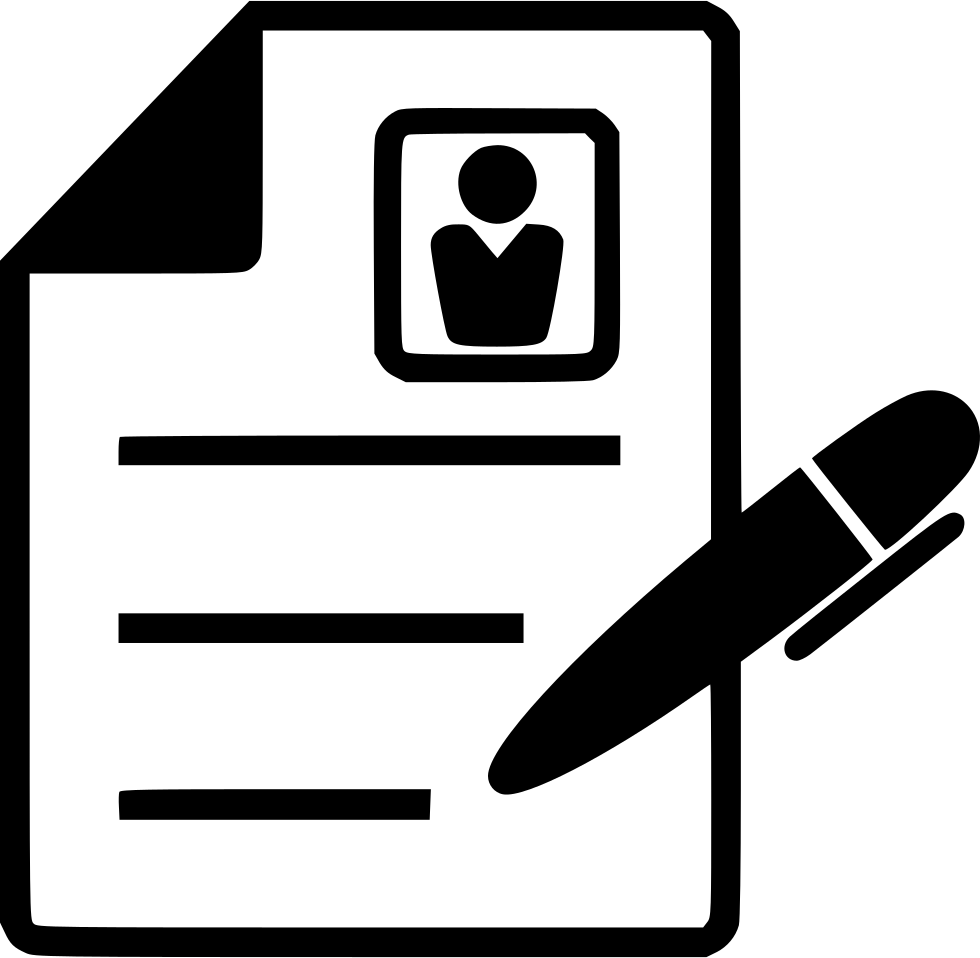
Professional Resume Writing Tips

A resume is a document that outlines a person’s work history, education, and skills. It is a crucial tool for job seekers, as it provides potential employers with a summary of an individual’s qualifications and experience.
One of the main reasons why a resume is important is that it allows job seekers to showcase their strengths and skills. A well-written resume can highlight an individual’s accomplishments, education, and work experience, making them more competitive in the job market. It also allows job seekers to tailor their resume to specific job openings, highlighting the skills and experiences that are most relevant to the position.
In addition, a resume helps employers to determine whether a candidate is a good fit for the job. By reviewing a resume, an employer can gain an understanding of a candidate’s work history, education, and skills, and determine whether they are qualified for the position.
Another important aspect of a resume is that it helps job seekers to stand out from the competition. With so many job seekers vying for the same positions, a well-written and professional-looking resume can make a candidate stand out and increase their chances of getting an interview.
In conclusion, a resume is an essential tool for job seekers. It allows them to showcase their strengths, tailor their application to specific job openings, and stand out from the competition. It is therefore important for job seekers to invest time and effort in creating a strong and effective resume.
Here are a few tips to help you write a strong resume:
- Keep it concise: Your resume should be focused and concise, highlighting your most relevant experiences and skills. Aim for a length of one or two pages, depending on your level of experience.
- Use a clear and easy-to-read format: Use a clean and professional-looking font, and use headings and bullet points to make your resume easy to scan. Avoid using small font sizes or dense blocks of text.
- Tailor your resume to the job: Customize your resume for each job you apply for by highlighting the skills and experiences that are most relevant to the position. Use keywords from the job description to show that you are a good fit for the role.
- Use action verbs: Use strong action verbs to describe your accomplishments and responsibilities. Some examples include “developed,” “implemented,” “managed,” and “achieved.”
- Proofread carefully: Make sure to proofread your resume for spelling and grammar errors. A typo or mistake can be a red flag to potential employers.
- Include a cover letter: A cover letter is an opportunity to introduce yourself and explain why you are interested in the job. Use it to highlight your relevant skills and experiences and to explain how you can contribute to the organization.
By following these tips, you can create a strong and effective resume that will help you stand out to potential employers.